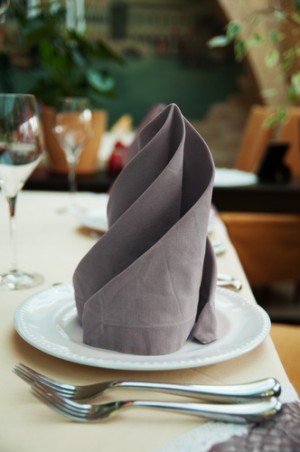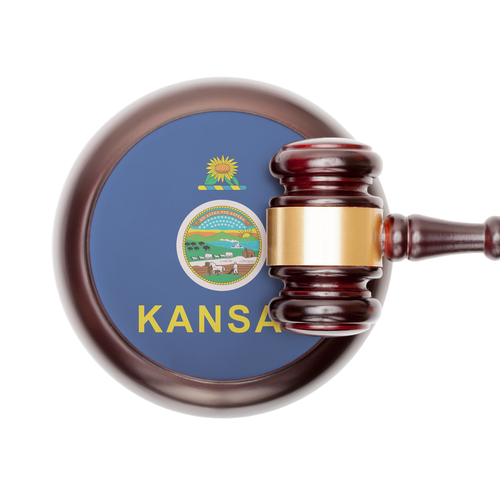Judges who dined with indicted friend violated revised ethics rule, court says

Image from Shutterstock.
Two New Jersey judges who attended church dinners that included an indicted friend created an appearance of impropriety, but should not be disciplined, the New Jersey Supreme Court has ruled.
The state supreme court adopted a new, objective standard to judge the appearance of propriety and found it was violated by the judges, Raymond Reddin of Passaic County and Gerald Keegan of Paterson Municipal Court. The court said it wouldn’t impose sanctions because of its adoption of the new standard and the judges’ prior “untarnished” record and “fine reputations as public servants.”
Publications that covered the ruling include the New Jersey Law Journal (sub. req.), NJ.com, the Associated Press, the Philadelphia Inquirer, the Bergen County Record, the Paterson Times and the Legal Profession Blog. The Jan. 21 opinion is here (PDF).
The indicted friend was sewage official Anthony Ardis, accused of directing staffers to do repairs at the homes of his friends and family while on government time. Ardis and the judges were part of a group that attended weekly dinners at a restaurant on Thursdays before attending church.
The court jettisoned the state’s subjective standard for evaluating the appearance of impropriety, which asked whether there was “a fair possibility that some portion of the public might [be] concerned” about the judicial conduct.
The new standard, adopted by most state courts and the federal judiciary, considers whether the public’s perception of impropriety is objectively unreasonable. The relevant question under New Jersey’s new standard, the court said, is, “Would an individual who observes the judge’s personal conduct have a reasonable basis to doubt the judge’s integrity and impartiality?”
Though the court declined to impose sanctions, it warned that such conduct would result in the imposition of discipline in the future.
Related article:
ABAJournal.com: “Church-group dinners with indicted sewage official bring ethics trouble for two judges”



